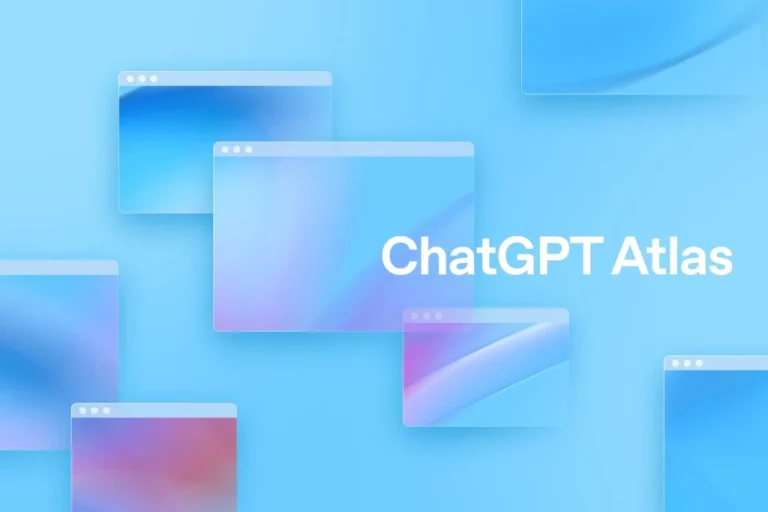OpenAI, the creator of ChatGPT, has entered a new phase in artificial intelligence innovation with the launch of its own web browser, ChatGPT Atlas. This new AI-powered browser is designed to change how people explore the internet, positioning itself as a strong competitor to Google Chrome, the world’s leading browser.
Unlike traditional browsers that rely on an address bar, Atlas eliminates it entirely. Instead, users can directly chat with the browser — asking questions, giving commands, and performing searches naturally through conversation. According to OpenAI CEO Sam Altman, Atlas was “built around ChatGPT,” and is now available for users on Apple’s macOS.
What Makes Atlas Different?
The ChatGPT Atlas browser stands out for its smart, conversational approach. Rather than searching for websites through links or URLs, users can ask ChatGPT to find, summarize, or perform actions instantly. This creates a seamless experience where browsing feels like talking to a virtual assistant.
Atlas also introduces a special “Agent Mode” — an advanced feature available for premium ChatGPT subscribers. This mode will enable the browser to on its own do searches and accomplish tasks in the background, which will be faster and more efficient.
Context awareness is one more strength of Atlas. It gets to know your browsing history and discussions that are more accurate as time goes by. Additionally, OpenAI has been linked to most well-known websites, including Etsy, Shopify, Expedia, and Booking.com, so that people can use AI-powered conversations to shop, plan holidays, or book services directly.
OpenAI’s Growing Ecosystem
The launch of Atlas comes at a time when OpenAI is rapidly expanding its digital ecosystem. At its recent DevDay event, CEO Sam Altman announced that ChatGPT now boasts over 800 million weekly active users, a massive jump from 400 million earlier this year.
This growth reflects how millions of people are increasingly turning to AI-driven tools — not only for writing or research but also for smarter browsing experiences. With Atlas, OpenAI is taking a major step toward turning the internet into a more intuitive, conversational space.
Can Atlas Compete with Google Chrome and Edge?
Technological gurus feel that Atlas will be appealing to curious and tech-centered users who are interested in trying out new AI experiences. Nonetheless, it may require a long time before the mainstream adoption of AI-based browsers since many individuals continue to favor traditional browsers, such as Google Chrome and Microsoft Edge, which already provide limited AI integrations.
Pat Moorhead, the CEO of Moor Insights and Strategy, says that the early adopters will probably trial Atlas first, with everyday or corporate users probably waiting until AI features are integrated into their existing browsers.
Even so, OpenAI’s vision is unique — Atlas isn’t just a browser with AI add-ons; it’s a browser built entirely around AI. This sets it apart in a crowded market dominated by search engines.
The release of Atlas also comes amid growing pressure on Google, which was recently declared an illegal monopolist in online search. Although it wasn’t forced to spin off Chrome, this situation has opened doors for fresh competitors like OpenAI to innovate and capture part of the market.
Meanwhile, research data shows that AI-driven browsing is already growing fast. Reports from Datos indicate that around 6% of desktop searches now go through AI chat models such as ChatGPT — more than double the rate recorded a year ago. This signals a major shift in how people interact with the web.
The Future of Browsing
With ChatGPT Atlas, OpenAI is aiming to redefine what a browser can do. It is no longer about searching out websites, rather it is direct responses and summaries and taking action, through smart-talk.
It is still unknown whether Atlas has the power to topple Chrome but one thing is certain, it is a definite indication of the future of web browsing – a future where the internet seems more of a smart helper than a bunch of links.
Read: Latest Tech News







